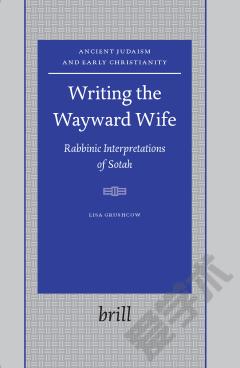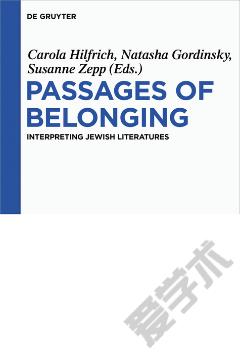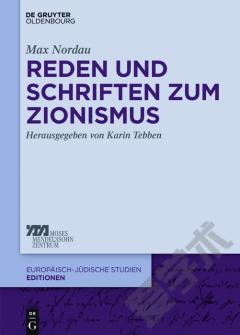Writing the Wayward Wife —— Rabbinic Interpretations of Sotah
----- 写下任性的妻子:拉比对索塔的诠释
Writing the Wayward Wife is a study of rabbinic interpretations of sotah, the law concerning the woman suspected of adultery (Numbers 5:11-31). The focus of the book is on interpretations of sotah in tannaitic and amoraic texts: the Mishnah, Tosefta, Midrash Halakhah, Midrash Aggadah, and the Palestinian and Babylonian Talmuds. The body of the work is in-depth analysis of the legal and ritual proceedings. Jewish Greek interpretations (Josephus, Philo, and LXX) also are addressed, along with the Protevangelium of James, and fragments from the Dead Sea Scrolls and Cairo Geniza. Finally, the disappearance of the ritual is discussed, with implications for the development of rabbinic authority. In previous secondary literature, the law of sotah has been understood as either proto-feminist or misogynist. This book argues that neither of these are appropriate paradigms. Rather, this book identifies the emergence of two major interpretive themes: the emphasis on legal procedures, and the condemnation of adultery.
{{comment.content}}








 京公网安备 11010802027623号
京公网安备 11010802027623号